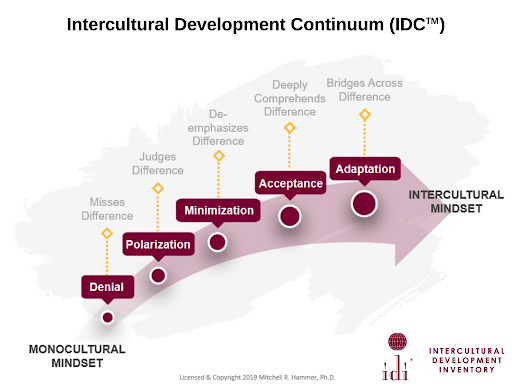
What does racism have to do with environmental work?
Submitted by Unity Church-Unitarian in St. Paul.
What does racism have to do with environmental work?
That’s what those of us on the Act for the Earth (AFE) Ensure Justice Action Team asked ourselves. After reading a national Sierra Club article, “Racism is Killing the Planet,” we sponsored a program for the congregation in April 2021 by the same name and encouraged participants to read the article before coming. This statement from the article was especially impactful for us:
“You can’t have climate change without sacrifice zones, and you can’t have sacrifice zones without disposable people, and you can’t have disposable people without racism.”
These discussions pointed us to invest more in our own antiracism work in order to effectively lead environmental and climate change work at Unity. This has been challenging for the 35 white volunteers leading AFE’s work, who signed up to stop climate change and prevent the earth’s extinction—not to work on racism.
Unity Church’s support for using the Intercultural Development Inventory (IDI) in April enabled 20 AFE action team members to take the inventory and participate in group and individual IDI debriefs. In June and July, we held an IDI/Environmental Justice (EJ) training series to integrate EJ (the “what” we need to do) with the IDI (the “how” we do it). This gave us tools for bringing a justice/antiracism lens to our work.
Here are some of what we’re learning in our IDI/EJ work:
- The BIPOC and low-income communities most impacted by environmental destruction need to “have meaningful involvement” in leading the response. This requires building authentic relationships with these communities.
- People at the IDI competency level of “minimization” (where most on our team are), tend to apply our own cultural views to other cultures. This in itself is racist and is a barrier to authentic relationships since the lived experiences of white people are usually significantly different from the lived experiences of BIPOC people.
- We need to better understand our social identity, cultural differences, and the white supremacy attitudes and characteristics we bring to these relationships.
- Using our Intercultural Development Plans (that came from taking the IDI inventory) in small groups gives us an avenue for support and accountability in doing this work
Act for the Earth is engaged in this challenging, long term and necessary work because we are committed to grounding all that we do with an antiracist/justice lens.
Do you have a story to share?
Your community's climate actions are inspiring! Share your story with others ...
